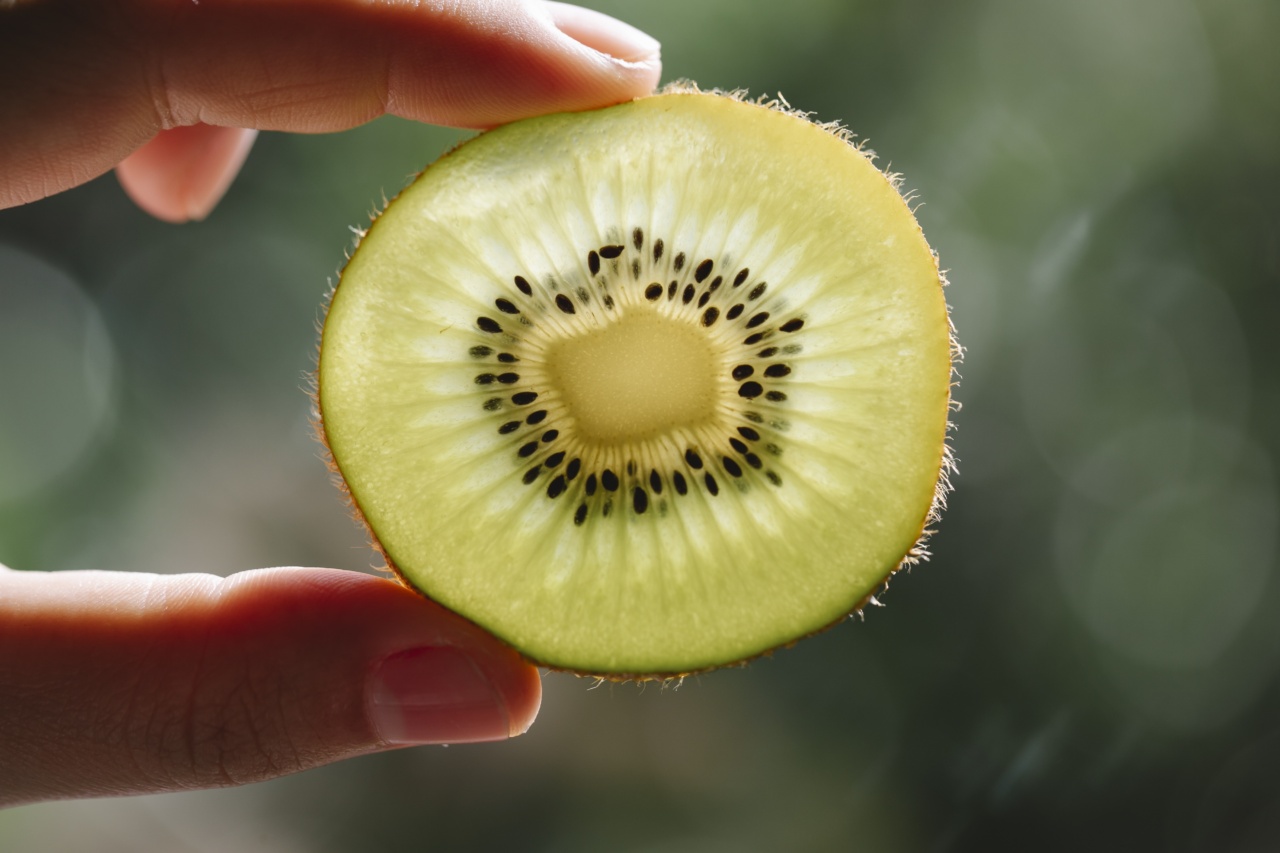When it comes to weight loss, most people think of going on a strict diet or restricting their calorie intake.
While these approaches can be effective to some extent, many overlook the importance of a key ingredient that can significantly aid in shedding those extra pounds – fiber. Yes, you heard it right. Fiber-rich foods play a vital role in weight loss and can be the missing link to achieving your desired body weight and overall health.
In this article, we will explore the impact of fiber on weight loss and why it should be an essential part of your diet.
Understanding Fiber
Fiber is a type of carbohydrate that the body cannot fully digest or absorb. Instead of being broken down like other nutrients, fiber passes through the digestive system relatively intact.
It is mainly found in plant-based foods such as fruits, vegetables, whole grains, legumes, nuts, and seeds.
There are two types of fiber – soluble and insoluble. Soluble fiber dissolves in water and forms a gel-like substance in the digestive tract. It is beneficial for reducing cholesterol levels and stabilizing blood sugar levels.
On the other hand, insoluble fiber does not dissolve in water and adds bulk to the stool, promoting regular bowel movements and preventing constipation.
The Role of Fiber in Weight Loss
1. Increased Satiety:.
Fiber-rich foods tend to be more filling and satisfying compared to low-fiber foods. When consumed, fiber absorbs water in the stomach, creating a sense of fullness and reducing appetite.
This can lead to fewer calorie intake throughout the day, aiding in weight loss.
2. Reduced Calorie Absorption:.
Since fiber cannot be digested by the body, it adds bulk to the diet without contributing any calories. High-fiber foods, such as vegetables and fruits, are often low in calories but high in nutrients.
By incorporating these foods into your diet, you can reduce overall calorie intake while still obtaining essential vitamins and minerals – a win-win situation for weight loss.
3. Slows Down Digestion:.
Fiber slows down the absorption of nutrients in the digestive system, including carbohydrates and sugars. This helps regulate blood sugar levels and prevents sudden spikes and crashes.
Steady blood sugar levels assist in curbing cravings and controlling hunger, ultimately contributing to weight loss.
4. Decreased Fat Absorption:.
Some types of fiber, especially soluble fiber, bind to dietary fat, preventing its absorption. This means that when you consume fiber-rich foods, a portion of the fat you consume passes through the body without being absorbed.
As a result, the overall calorie intake from fat is reduced, leading to weight loss over time.
How to Incorporate More Fiber into Your Diet
Now that we understand the importance of fiber in weight loss, how can we incorporate more of it into our daily diet? Here are some practical tips:.
1. Choose Whole Grains:.
Opt for whole grains such as brown rice, quinoa, oatmeal, and whole wheat bread instead of refined grains. Whole grains contain the entire grain, including the bran, germ, and endosperm, ensuring a higher fiber content compared to processed grains.
2. Load Up on Fruits and Vegetables:.
Make fruits and vegetables a major part of your meals and snacks. They not only provide essential vitamins and minerals but are also rich in fiber. Aim for a variety of colors to ensure a diverse nutrient intake.
3. Include Legumes:.
Legumes, including beans, lentils, and chickpeas, are excellent sources of both soluble and insoluble fiber. Add them to salads, soups, stews, or even prepare them as a main dish for a fiber boost.
4. Snack on Nuts and Seeds:.
Nuts and seeds not only offer healthy fats and protein but are also packed with fiber. Snack on almonds, walnuts, chia seeds, or flaxseeds for a nutritious and satiating treat.
5. Be Mindful of Processed Foods:.
Avoid or limit highly processed foods, as they often lack fiber or have had it stripped during manufacturing. Opt for whole, unprocessed foods whenever possible.
6. Drink Plenty of Water:.
Fiber absorbs water, so it is essential to drink an adequate amount of water throughout the day. This ensures that the fiber functions properly in your digestive system and helps prevent any discomfort.
The Bottom Line
Fiber is an often underestimated key ingredient for weight loss in food.
Its numerous health benefits, including increased satiety, reduced calorie absorption, slowed digestion, and decreased fat absorption, make it an essential component of any weight loss plan. By incorporating high-fiber foods into your diet, you can not only boost weight loss efforts but also enhance your overall health and well-being. So, make it a point to prioritize fiber-rich foods and witness the difference it can make!.






























